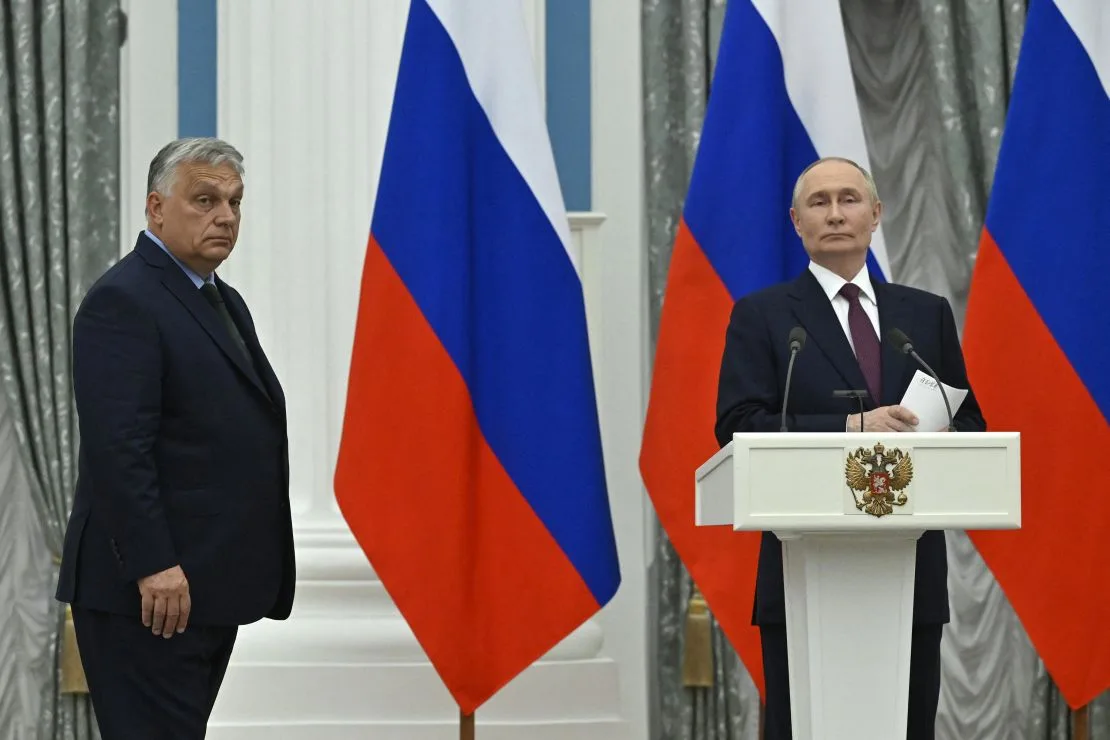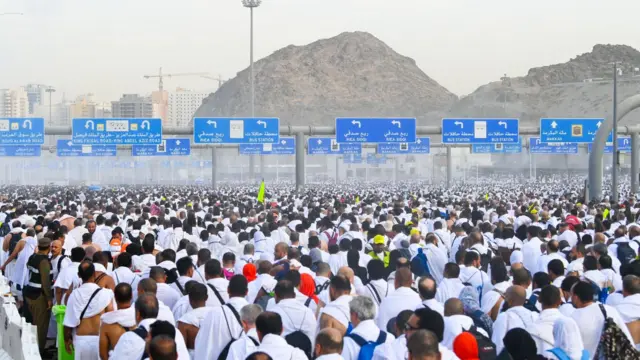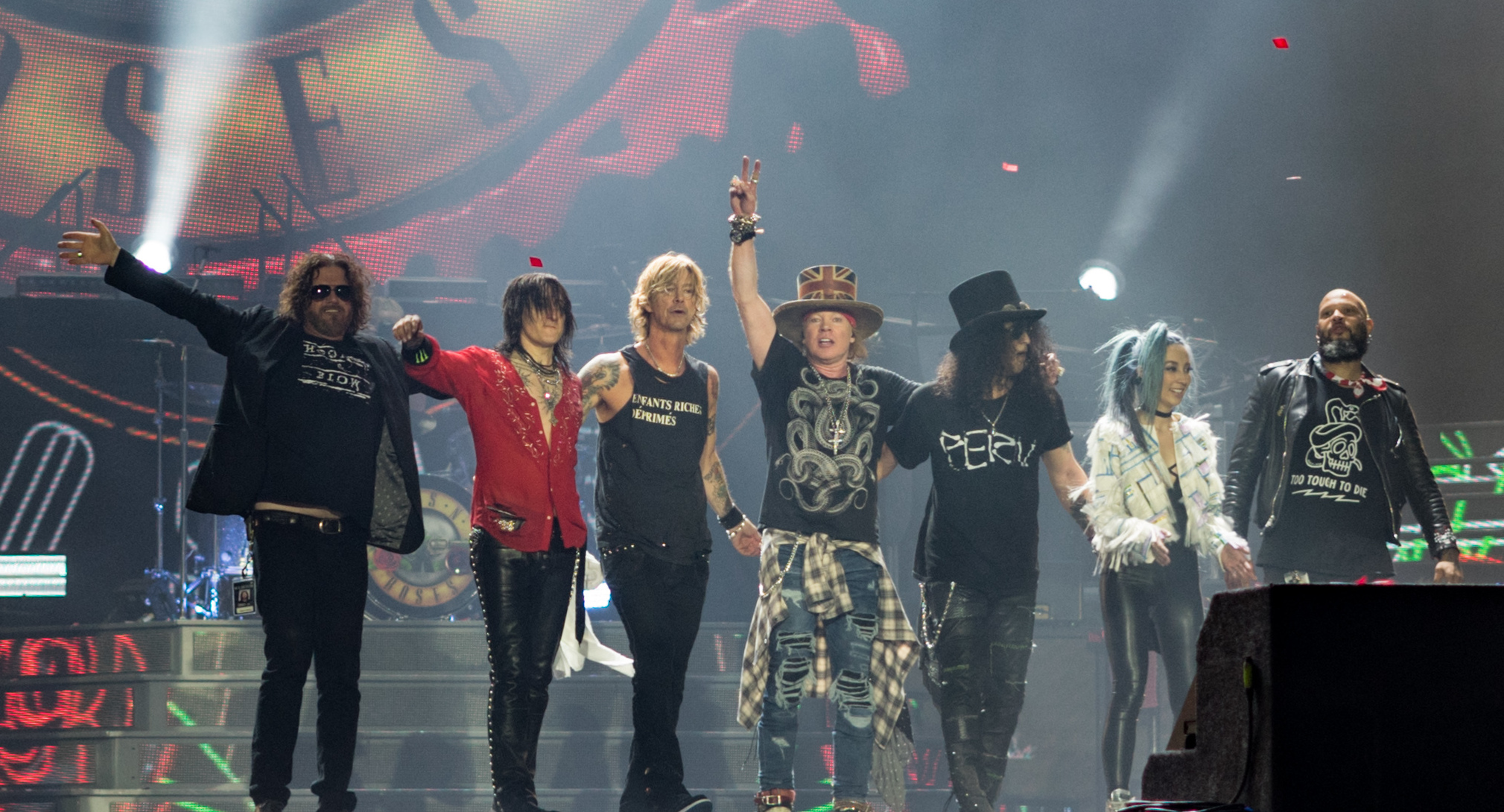Introduction
Orban Moscow meeting has drawn significant international attention as Hungarian Prime Minister Viktor Orban navigates the delicate and complex dynamics with Russian President Vladimir Putin amidst the ongoing Ukraine war tensions. This article explores the implications of this high-stakes diplomatic engagement, the concerns it raises within the European Union, and the broader geopolitical context.
Key Points
- Orban’s Diplomatic Balancing Act: Understanding Orban’s strategy in maintaining relations with both the EU and Russia.
- Implications for EU Relations: How this meeting affects Hungary’s standing within the European Union.
- Geopolitical Ramifications: The broader impact of Orban’s actions on international relations and the Ukraine conflict.
- Internal Political Reactions: Responses within Hungary to Orban’s Moscow visit.
- Future Prospects: Potential outcomes of this diplomatic maneuver and its influence on Hungary’s foreign policy.
Insights
Orban’s meeting with Putin in Moscow highlights the complex balancing act Hungary is attempting between its commitments to the European Union and its historically close ties with Russia. This diplomatic tightrope has significant implications for regional stability and the broader geopolitical landscape.
Content Details
Orban’s Diplomatic Balancing Act
Prime Minister Viktor Orban’s decision to meet with Russian President Vladimir Putin amidst the Ukraine war underscores his unique position within the European political landscape. Orban has long been known for his pragmatic approach to foreign policy, often prioritizing Hungary’s national interests and economic benefits over strict alignment with EU directives.
- Energy Dependence: Hungary’s reliance on Russian energy supplies, particularly natural gas, plays a crucial role in Orban’s diplomatic strategies.
- Economic Considerations: Maintaining economic ties with Russia is seen as vital for Hungary’s economy, influencing Orban’s foreign policy decisions.
- Political Calculations: Orban’s domestic political strategy often involves positioning himself as a leader capable of navigating complex international dynamics for Hungary’s benefit.
Orban’s approach is marked by a careful balancing act, seeking to maintain beneficial relations with both the EU and Russia without fully committing to either side.
Implications for EU Relations
Orban’s Moscow meeting raises significant concerns within the European Union, where solidarity and a unified stance against Russia’s actions in Ukraine are paramount:
- EU Cohesion: Hungary’s perceived deviation from EU solidarity can strain relationships and undermine collective efforts to address the Ukraine crisis.
- Sanctions and Policies: Orban’s actions may complicate the EU’s sanctions regime against Russia and create friction in formulating cohesive policies.
- Diplomatic Tensions: Hungary’s diplomatic maneuvers could lead to increased scrutiny and potential diplomatic tensions within the EU.
The meeting highlights the challenges the EU faces in maintaining unity among its member states amidst diverse national interests.
Geopolitical Ramifications
The Orban-Putin meeting has broader implications for international relations and the ongoing Ukraine conflict:
- Regional Stability: Hungary’s engagement with Russia could influence regional stability and the dynamics of the Ukraine conflict.
- NATO Considerations: As a NATO member, Hungary’s actions also have implications for the alliance’s strategic posture and cohesion.
- Global Perceptions: The international community closely watches Orban’s moves, interpreting them as indicative of broader geopolitical trends and alliances.
Orban’s diplomatic choices could reverberate beyond Europe, affecting global perceptions of the Ukraine conflict and international relations.
Internal Political Reactions
Within Hungary, Orban’s visit to Moscow elicits a range of reactions:
- Supportive Factions: Some domestic factions support Orban’s pragmatic approach, valuing economic stability and energy security.
- Opposition Voices: Critics argue that Orban’s actions undermine Hungary’s commitment to European solidarity and ethical foreign policy.
- Public Opinion: Public opinion in Hungary may be divided, reflecting broader societal debates about the country’s foreign policy direction.
Internal political dynamics play a crucial role in shaping Orban’s diplomatic strategies and their reception.
Future Prospects
The future prospects of Orban’s diplomatic maneuvering hinge on several factors:
- Short-term Gains: Immediate economic and political benefits may bolster Orban’s position domestically and internationally.
- Long-term Consequences: The long-term consequences for Hungary’s relations with the EU and its role in the Ukraine conflict remain uncertain.
- Policy Adjustments: Orban may need to adjust his policies in response to evolving geopolitical dynamics and international pressures.
The outcome of this diplomatic tightrope walk will significantly influence Hungary’s foreign policy trajectory and its international standing.
Analysts’ Perspectives
Political analysts offer varied perspectives on Orban’s Moscow meeting:
- Realpolitik Approach: Some analysts view Orban’s actions as a pragmatic exercise in realpolitik, balancing national interests amidst complex international dynamics.
- EU Solidarity Concerns: Others emphasize the risks to EU cohesion and the potential undermining of collective efforts to address the Ukraine crisis.
- Geopolitical Strategy: The meeting is also seen as part of a broader geopolitical strategy, with implications for regional and global stability.
These perspectives underscore the multifaceted nature of Orban’s diplomatic strategies and their broader implications.
Conclusion
The Orban Moscow meeting represents a critical moment in Hungary’s foreign policy, reflecting a complex interplay of national interests, EU relations, and geopolitical dynamics. As Hungary navigates this diplomatic tightrope, the outcomes will shape its future role on the international stage and influence broader regional stability amidst the ongoing Ukraine war.
FAQs
Q: What are the main concerns within the EU regarding Orban’s meeting with Putin?
A: The main concerns include potential strains on EU cohesion, complications in sanctions and policy formation, and diplomatic tensions.
Q: How does Hungary’s reliance on Russian energy influence Orban’s foreign policy?
A: Hungary’s dependence on Russian energy supplies, particularly natural gas, is a key factor driving Orban’s pragmatic approach to maintaining relations with Russia.
Q: What are the broader geopolitical implications of Orban’s actions?
A: Orban’s actions could influence regional stability, NATO’s strategic posture, and global perceptions of the Ukraine conflict and international relations.
Q: How is Orban’s visit to Moscow received within Hungary?
A: Reactions are mixed, with some factions supporting Orban’s pragmatic approach and others criticizing it for undermining European solidarity and ethical foreign policy.
Q: What are the future prospects for Hungary’s foreign policy following this meeting?
A: Future prospects include potential short-term gains, long-term consequences for EU relations, and necessary policy adjustments in response to evolving geopolitical dynamics.
External Sources
This content examines the high-stakes diplomatic engagement between Hungarian Prime Minister Viktor Orban and Russian President Vladimir Putin amidst the Ukraine war, highlighting the implications for Hungary, the EU, and broader geopolitical dynamics.



